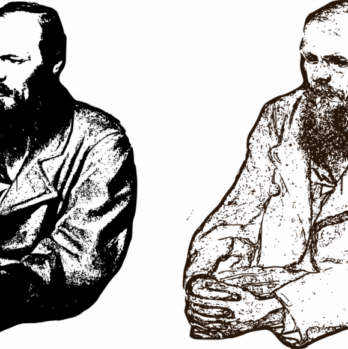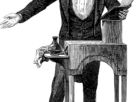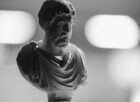Homers Iliad: A Tale of Heroes and Gods
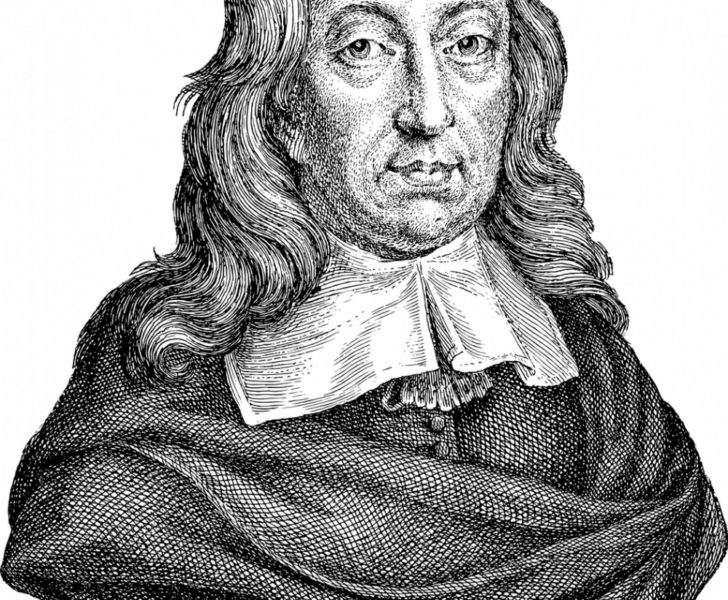
Introduction:
Homer’s Iliad is an epic poem that dates back to the 8th century BCE and is considered one of the foundational works of Western literature. This ancient masterpiece has captivated readers for centuries with its powerful portrayal of war, heroism, and the intricate relationships between gods and mortals. In this article, we will dive deep into the world of the Iliad, exploring its significance, historical context, and enduring legacy.
The Importance of the Iliad:
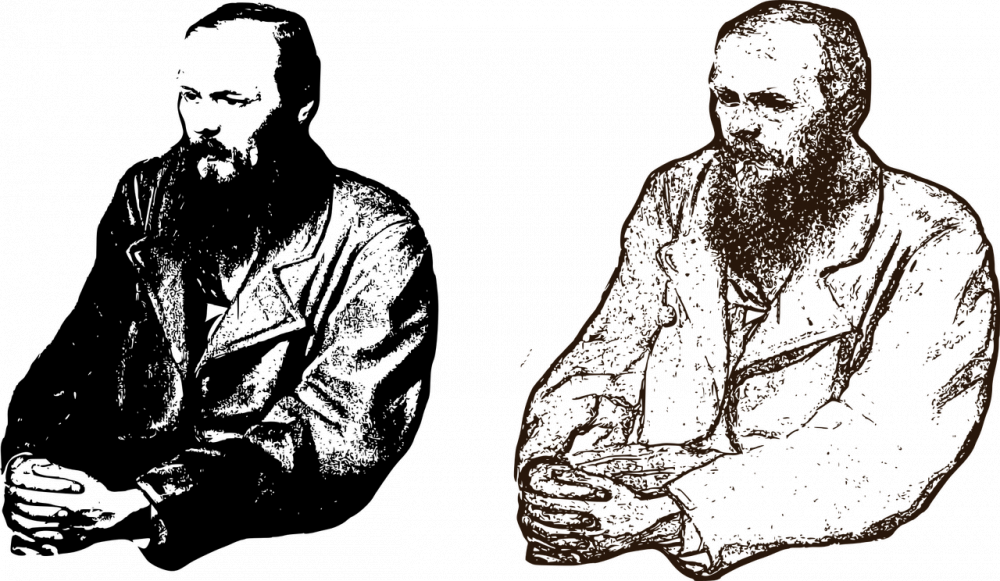
The Iliad tells the story of the Trojan War, a conflict between the Achaeans (Greeks) and the Trojans. At its core, this epic poem explores the themes of honor, glory, and the destructive nature of war. Through vivid descriptions, Homer presents the grandeur of battle, the individual struggles of warriors, and the emotional turmoil faced by both mortals and immortals alike.
This ancient tale serves as a reflection of human nature, showcasing the complexities of loyalty, pride, and the consequences of one’s actions. Additionally, the Iliad offers an insight into the Greek worldview and their beliefs in the power of fate, the intervention of gods, and the importance of rituals and tradition.
Historical Development of the Iliad:
Ancient Greece saw a rich tradition of oral storytelling, and the Iliad was initially transmitted orally from generation to generation. It was not until several centuries later that the poem was finally transcribed into written form. The exact authorship of the Iliad remains a subject of debate, with many scholars attributing it to Homer, a legendary poet.
Over time, the Iliad underwent various adaptations and translations, ensuring its widespread dissemination and influences in different cultures. It has been passed down through the ages and has inspired countless works of art, literature, and even films. The Iliad’s impact is evident in the works of later ancient Greek playwrights such as Aeschylus, Sophocles, and Euripides, who further explored the themes and characters introduced by Homer.
Structure and Features of the Iliad:
The Iliad consists of 24 books, also known as “books,” written in dactylic hexameter, a poetic meter common in ancient Greek poetry. It is divided into several distinct sections, each with its own narrative arc and characters. The poem begins with the rage of Achilles, the mightiest of the Greek warriors, and follows the events of the Trojan War until its conclusion.
Within the Iliad, notable episodes include Achilles’ quarrel with Agamemnon, the death of Patroclus, the slaying of Hector by Achilles, and the mourning of Hector by his family. These episodes offer glimpses into the complexities of human emotions, the bonds of friendship and family, and the tragic consequences of war.
The Influence of the Iliad:
The Iliad continues to resonate with audiences today due to its timeless themes and profound exploration of the human condition. Its influence extends far beyond the realm of literature, as it has inspired countless adaptations, interpretations, and creative works across different mediums. From sculptures and paintings to operas and modern retellings, the Iliad’s impact on art and culture is immeasurable.
Moreover, the Iliad’s influence can be seen in the deep impact it has had on subsequent literary traditions. It has served as a source of inspiration for renowned authors like Virgil, Dante Alighieri, and John Milton who emulated its style and themes in their own works. The Iliad’s enduring legacy ensures its relevance even in the modern era, as it continues to spark discussions on war, heroism, and the human experience.
In conclusion, Homer’s Iliad stands as a monumental work of ancient literature, serving as a testament to the power of storytelling and the intricacies of human nature. Its exploration of honor, glory, and the consequences of war resonates across time, making it a timeless masterpiece. As we delve into the world of the Iliad, we gain a deeper understanding of our own humanity and the eternal themes that unite us all.
References:
– Homer. The Iliad. Translated by Stanley Lombardo, Hackett Publishing Company, 1997.
– Nagy, Gregory. The Ancient Greek Hero in 24 Hours. Harvard University Press, 2013.
–
